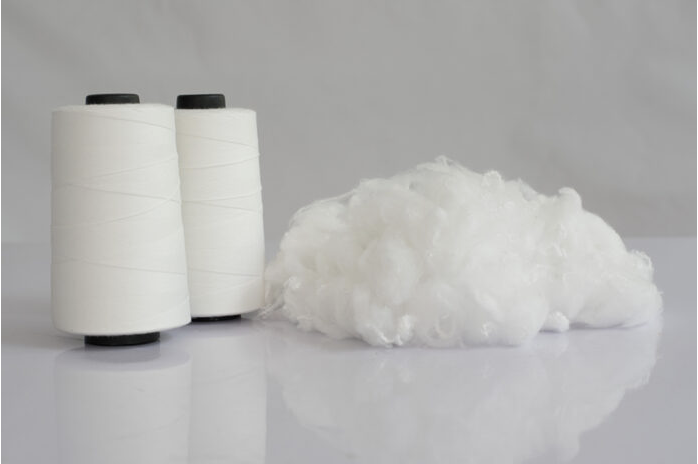Chemical company Fairbrics, is using CO2 emissions instead of fossil resources to manufacture polyester and to further improve the technology it has raised €22 million in funding which will be used to fund a new pilot line and a demo plant.
By converting CO2 emissions into high-value polyester through a circular manufacturing approach the sustainable chemical company would address one of the greatest global challenges, climate change causing greenhouse gas (GHG) emissions. Fairbrics was granted €17 million from the European Union’s Horizon 2020 Research & Innovation Program and €5 million from Partners to the Technology Upscaling Project.
Fairbrics would upgrade its technology using the resources of both funds to establish a plot line. The company expects to produce 100 kg of polyester per day by 2024 and one ton by 2026 at the plant. It will accelerate the decarburization of energy-intensive industries, replacing fossil-based polyester with CO2-based polyester. Its main input is the CO2 waste fumes that would come from these industries and remove the poisonous gas from the atmosphere.
The project includes a strong educational component as well. With its academic partners, Fairbrics will develop learning and training resources for young university students and lifelong learners. The sectors that use polyester would be targeted using environment-friendly products. In textiles produced worldwide polyester accounts for 60 percent of total fibers used. The company has secured partnerships with some fashion brands like H&M to use their products.
By converting CO2 emissions into high-value polyester through a circular manufacturing approach the sustainable chemical company would address one of the greatest global challenges, climate change causing greenhouse gas (GHG) emissions. Fairbrics was granted €17 million from the European Union’s Horizon 2020 Research & Innovation Program and €5 million from Partners to the Technology Upscaling Project.
Fairbrics would upgrade its technology using the resources of both funds to establish a plot line. The company expects to produce 100 kg of polyester per day by 2024 and one ton by 2026 at the plant. It will accelerate the decarburization of energy-intensive industries, replacing fossil-based polyester with CO2-based polyester. Its main input is the CO2 waste fumes that would come from these industries and remove the poisonous gas from the atmosphere.
The project includes a strong educational component as well. With its academic partners, Fairbrics will develop learning and training resources for young university students and lifelong learners. The sectors that use polyester would be targeted using environment-friendly products. In textiles produced worldwide polyester accounts for 60 percent of total fibers used. The company has secured partnerships with some fashion brands like H&M to use their products.
